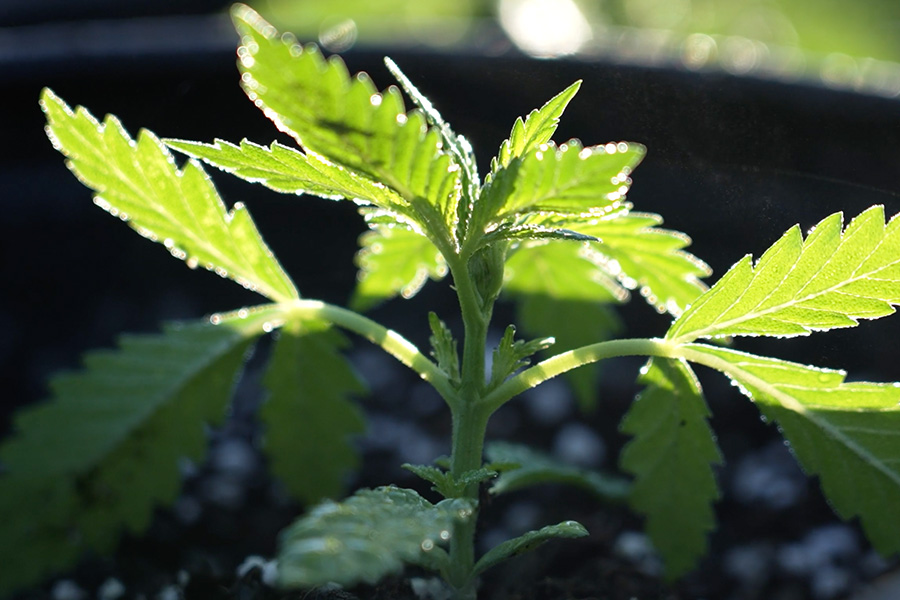Explore the benefits and drawbacks of using cannabis clones for achieving uniformity in the genetics market. Discover the cost-effectiveness, pest risks, vigor concerns, and the advantages of maturity, terpene profile, canopy management, cannabinoid content, genetic trait preservation, and market demand.
Cannabis clones play a significant role in the genetics market by offering exact replicas of high-performing plants. While they provide uniformity and preserve desired genetic traits, there are both benefits and drawbacks associated with using clones. In this blog post, we delve into the advantages of achieving uniformity with clones, explore the drawbacks they entail, and discuss their appeal for cannabis growers and producers.
Benefits of Cannabis Clones
Cannabis clones offer several advantages, including uniformity in maturity, terpene profiles, canopy management, cannabinoid content, preservation of genetic traits, and market demand. Clones allow for synchronized maturity and efficient harvesting, resulting in a more organized workflow. The uniformity also extends to the shared terpene profile, providing a stronger and consistent aroma when combining plants grown from clones. Canopy management becomes easier with genetically identical clones, leading to streamlined activities like spraying and pruning. Moreover, clones exhibit similar cannabinoid content, making them predictable when it comes to desired ratios. The preservation of sought-after genetics is another appealing aspect, allowing the continuous production of specific plants with gradual genetic drift. Additionally, flower and extract products derived from clones often have increased marketability due to their consistent traits.
Drawbacks of Cannabis Clones
While plant clones offer benefits, there are drawbacks that growers should consider. The cost associated with maintaining mother plants and propagating clones is relatively higher compared to using seeds. Additionally, clones can transmit pests, posing threats to plant health and yield. Clones also tend to have shallower root systems and lack the vigor of seed-grown plants, requiring extra attention and care. They are more delicate and susceptible to stressors, including pest infestations and changes in light cycles, which can trigger premature flowering. These drawbacks highlight the importance of careful consideration and management when utilizing clones in cultivation practices.
Conclusion
Cannabis clones offer a way to achieve uniformity and preserve desired genetic traits in the genetics market. While they come with drawbacks such as cost, pest risks, and reduced vigor, their benefits in terms of maturity synchronization, consistent terpene profiles, easier canopy management, predictable cannabinoid content, genetic trait preservation, and market demand cannot be overlooked. Careful evaluation and understanding of these pros and cons can help growers make informed decisions about their cultivation strategies and maximize the potential of using cannabis clones for achieving genetic replication and uniformity in the industry.
